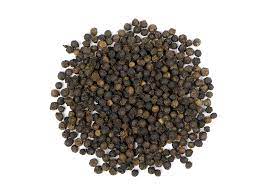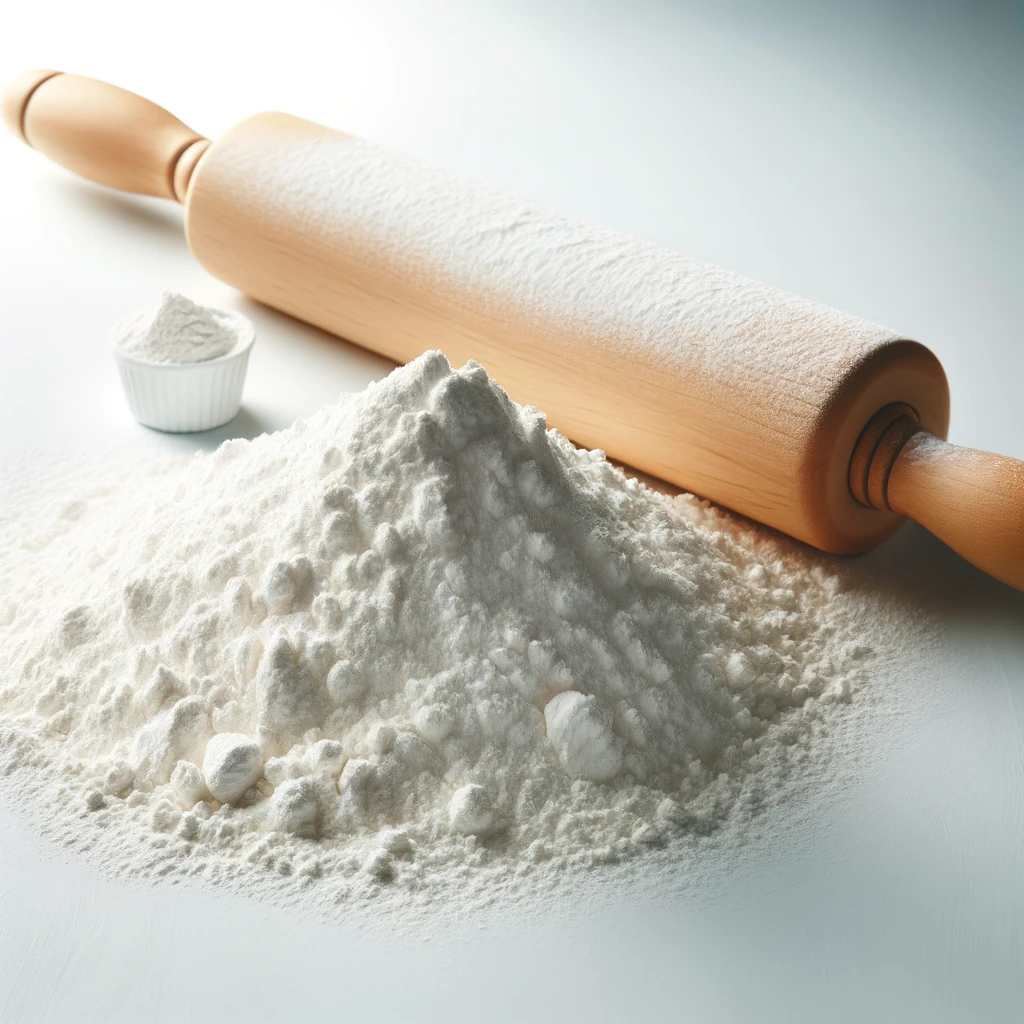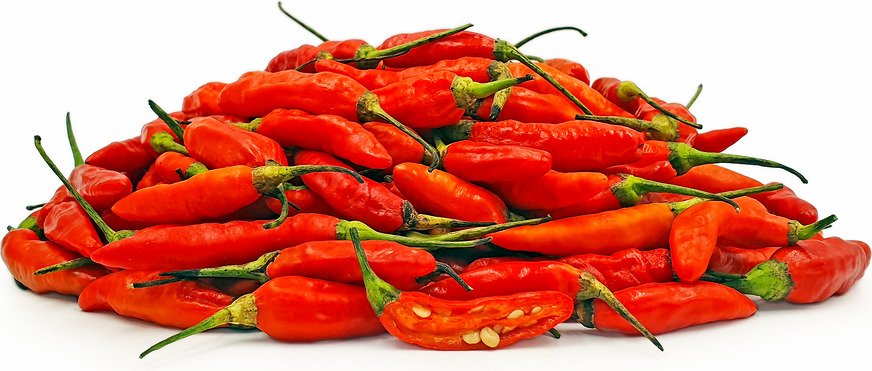Chef's Level
Quick Picks
Alligator Bites
If you're lucky enough to have access to fresh Alligator, by all means use it, although frozen Alligator works just as well.
Ingredients:
| Qty | Unit | Ingredient | ||
|---|---|---|---|---|
| 1 | pound | Alligator | ||
| 1/4 | cup | Lime Juice » fresh | ||
| 3 | cloves | Garlic » minced |
Garlic is a mighty ingredient that adds depth and flavor to a wide range of dishes. Whether you're tossing it into a pasta sauce, roasting it to spread on bread, or using it
Read more...
|
|
| 2 | teaspoons | Salt » divided |
Salt, pronounced 'sawlt', is a finely ground mineral primarily composed of sodium chloride. It is the most common type of salt used in everyday cooking and seasoning.
Read more...
Above and beyond its basic uses, table |
|
| 1 1/2 | teaspoons | Black Pepper » divided |
Black pepper, pronounced 'blak PEH-per', is made from peppercorns that are dried and then ground into a fine powder. It's one of the most commonly used spices, known for its sharp, slightly spicy
Read more...
|
|
| 1 | cup | Flour |
Flour is a powdery substance made by grinding grains, seeds, or roots. It's a staple in baking and cooking, acting as a binding agent and providing structure and texture to dishes.
Read more...
In taste, flour |
|
| 1 | teaspoon | Cayenne Pepper |
Cayenne pepper is a type of chili pepper used to add heat and flavor to dishes. It's named after the city of Cayenne in French Guiana.
Read more...
They're long, thin, and often red when mature. |
|
| 1 | teaspoon | Chili Powder | ||
| 2 | cups | Vegetable Oil » for frying |
Vegetable Oil
Vegetable oil, pronounced 'VEJ-tuh-buhl oil', is a staple in many kitchens, made from the extraction or chemical treatment of seeds and other plant parts. It's a neutral-flavored oil used for cooking, frying, and
Read more...
|
| Prep Time | Process Time | Overall Time |
|---|---|---|
| 1 Hour | 30 Minutes | 1 hour 30 minutes |
Directions:
Before frying, heat oil to 350°F / 180°C / Gas Mark 4
1. Cut the alligator into 1/2 inch thick steaks and tenderize by pounding with a meat mallet for a minute or two.
2. Cut each steak into strips.
3. Combine the lime juice, garlic, 1 teaspoon salt, and 1/2 teaspoon pepper in a mixing bowl.
4. Add the alligator, making sure it's fully coated with the marinade. This will help to tenderize it further.
5. Marinate the gator in this mixture for 30 minutes, in the refrigerator, turning once.
6. Meanwhile, combine the flour, remaining salt, remaining pepper, cayenne pepper and chili powder in a bowl and whisk to mix.
7. Pour the vegetable oil into a frying pan to a depth of about 1 inch. Heat to 350°F.
8. Drain the Alligator and blot it dry with paper towels.
9. Dredge the gator pieces in the seasoned flour to coat, shaking off the excess flour.
10. Fry the gator pieces, turning with a slotted spoon or wire skimmer, until golden brown, 1 to 2 minutes.
11. Work in several batches, so as not to crowd the pan which will lower the oil temperature.
12. Drain on paper towels and serve at once.
Submitted by Harper W. | April 16th, 2024 See all of Harper W.'s Recipes.
Filed Under:
Tested and True
Keep your kitchen and bathroom surfaces sparkling clean and fresh with a simple solution of vinegar and water. This natural cleaning hack not only cuts through grease and grime but also leaves your spaces looking spotless and smelling fresh without the use of harsh chemicals.
Tell me more...
| @Harper W. | April 16th, 2024 |
|---|
|
If you're lucky enough to have access to fresh Alligator, by all means use it, although frozen Alligator works just as well. I gave it a 5 |





